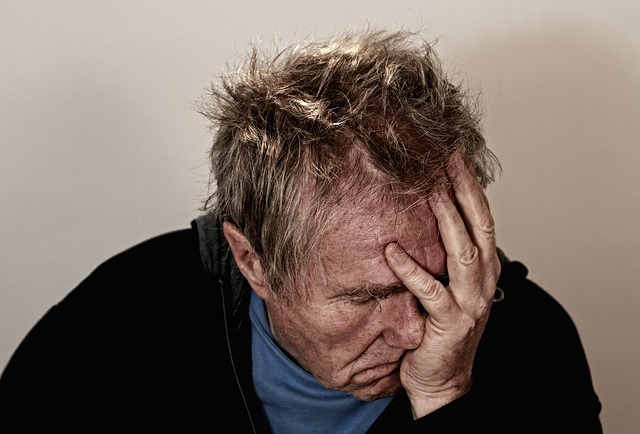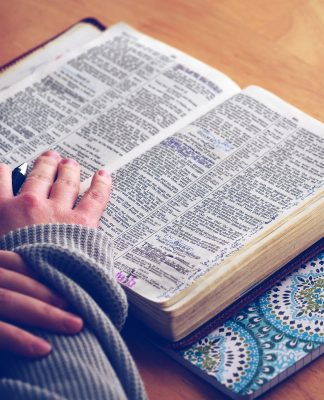Each of us will face some sort of loss during our lifetime. Loss can include the passing away of a loved one, the loss of a job, divorce, decrease in mobility or body functions, and the loss of self after a life transition. There are many reactions to loss and each varies in severity based on coping skills, temperament, and social support.
Grief is a common reaction to loss. A wide array of emotions can appear during the grieving process. A typical progression during the psychological and emotional grief process can be expressed by the DABDA acronym.
Denial- The refusal to believe what is happening is actually occuring.
Anger- The emotional feeling that occurs when the reality of the loss sets in.
Bargaining- Pleading with God, a spouse, boss, or illness. When bargaining fails depression begins to sink in.
Depression- The emotional feeling that occurs when it feels there is “no escape” or answer.
Acceptance- The state of being at peace with your situation and what that entails.
Some ways to deal with grief are as follows:
Do some form of self expression: Artistic expression is a great way to cope with what is going on. You are able to get your feelings out in different ways. This can be done by drawing, journaling, and creating.
Keeping up your routine: Make sure your sleep, excercise, and eating habits are in tact. Structure helps decrease chaos and stress. If you begin to slack off in one area it is easier to let the other areas of your life go.
Have a support group: It is helpful to have people that you can reach out to for guidance and a listening ear. Feeling alone and withdrawing from others can lead to depression. Find someone you trust to share your feelings with.
Counseling: If the symptoms of the grieving process have not begun to taper after 6 months it may be time to seek outside help. This can be a sign of what is called complicated grief. When left unchecked it can lead to substance abuse, major depression, and/or post traumatic stress. EMDR Eye Movement Desensitization and reprocessing therapy can alleviate symptoms of depression and PTSD.
Unchecked complicated grief can lead to the use of negative coping skills such as drugs, alcohol, and self harming behaviors. Avoid things that “numb out pain”. When you try to “numb out” negative feelings you also numb out positive feelings. Numbing the pain may help temporarily, but it tends to elevate senses of anxiety, guilt, or depression when the effects wear off. This can lead to more numbing out behaviors and a cycle that can quickly spin out of control.


 I am Whitney Doyeto, M.A., LMFT, the licensed marriage and family therapist and founder of Serenity Marriage and Family Counseling, LLC. I earned both a Master of Arts in Marriage and Family Therapy and a Bachelor of Arts in Psychology from Oral Roberts University. I feel called to give hope and renewal to individuals, couples, and families. I strive to create more support, structure, and stability, into the lives of those I serve. I have been married for six years and recently welcomed my first child, a baby girl, in April of 2016. I am passionate about exercise, traveling, and volunteering at Church.
I am Whitney Doyeto, M.A., LMFT, the licensed marriage and family therapist and founder of Serenity Marriage and Family Counseling, LLC. I earned both a Master of Arts in Marriage and Family Therapy and a Bachelor of Arts in Psychology from Oral Roberts University. I feel called to give hope and renewal to individuals, couples, and families. I strive to create more support, structure, and stability, into the lives of those I serve. I have been married for six years and recently welcomed my first child, a baby girl, in April of 2016. I am passionate about exercise, traveling, and volunteering at Church.


















